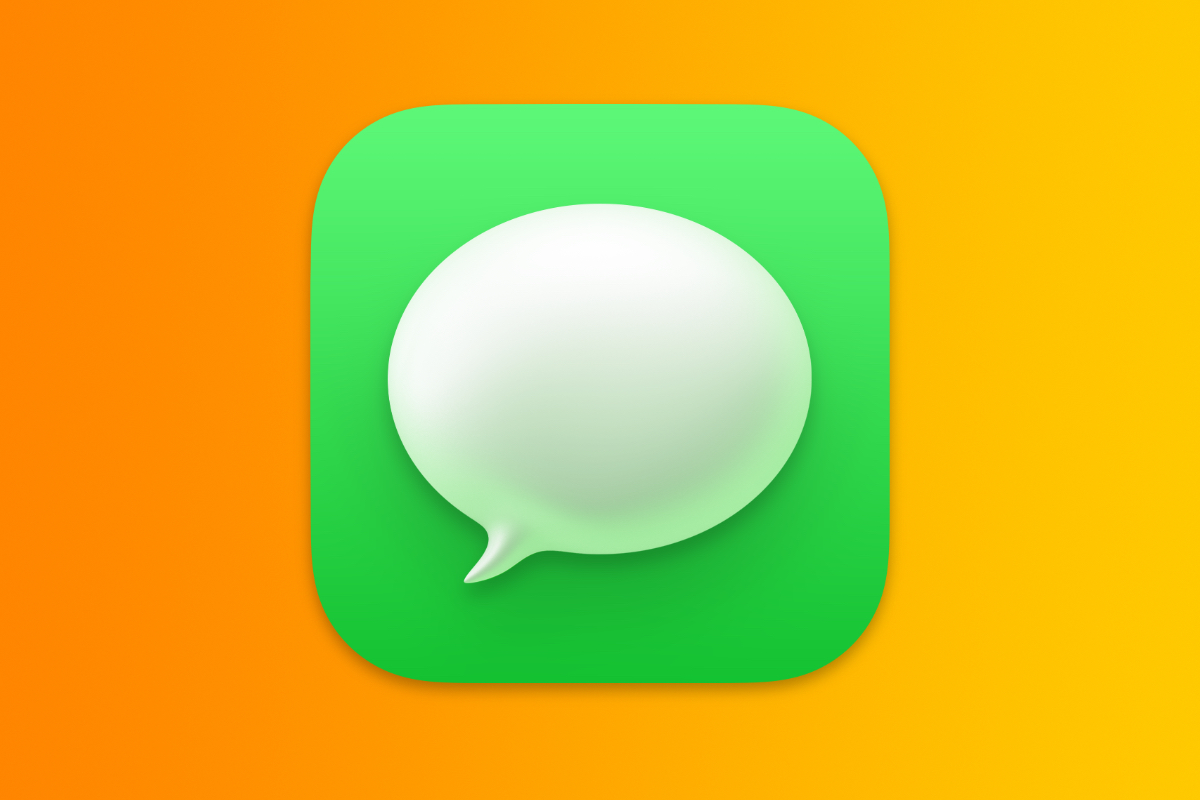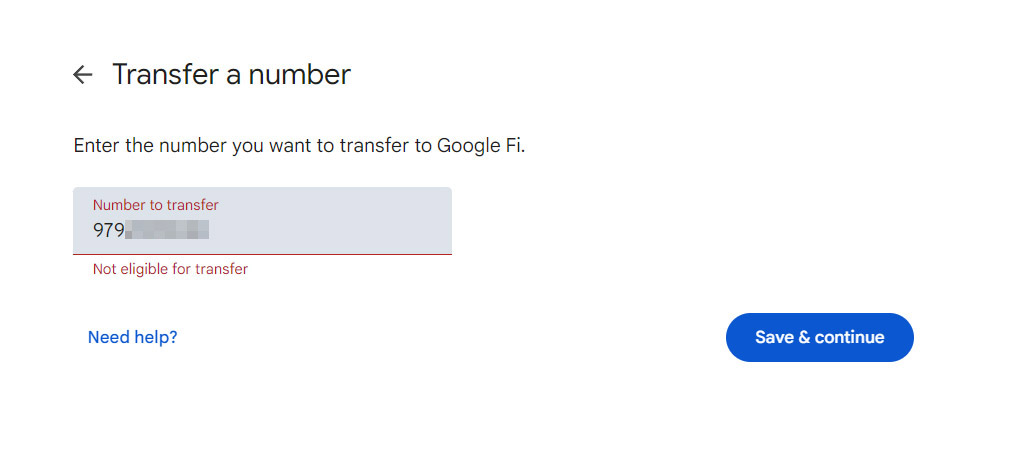After years of waiting for Google Voice to support RCS, and then failing to port my number to Google Fi, I finally banished both services from my life.
When Google Voice showed up way back in 2009, I was one of the first to sign up. Ditto for Google Fi. But last month I ditched both of them at the same time, turning my back on an astonishing fifteen years of integrated services. Why? Because Google turned its back on me, and I was tired of dealing with its hypocrisy.
A little context, if you’re not aware. Google Voice is the company’s number-forwarding service, and it was extremely cool when it first debuted. You got your own new phone number, which Google operated as a free VOIP service, and you could use it with any existing telephone or number. It can basically replace your standard cell or landline number, as well as let you access text messages via a dedicated app on your phone or the web. For someone who reviews phones, and doesn’t want to constantly swap SIM cards, it’s awesome.
Google Fi is Google’s mobile virtual network operator, a branded carrier service that competes (in smaller ways) with companies like AT&T and Verizon. It lets you buy your cell service from the same place you buy Pixel phones, more or less, and offers pretty good deals if you’re okay with leaning on T-Mobile’s smaller network as a backbone. It’s especially nice if you happen to be a Pixel Watch owner (and I am). I’ll add that both Google Voice and Google Fi are only available to users in the United States, though the latter has good international roaming options.
I liked both Voice and Fi for a long time, especially as someone who reviewed phones professionally. Voice in particular let me text and call from a laptop or desktop PC long before more widespread options became available. Fi, like T-Mobile, was generally great and more affordable so long as I was within the city limits. So why did I make a sharp, clean break with Google’s management of my mobile connections?
It wasn’t because of Google’s privacy issues, though it certainly has those in abundance. It’s not because I think my new cell provider, Verizon, is somehow better or less evil. It isn’t. Nope, I was sick of Google ignoring its Voice service, especially in the light of a highly public campaign against Apple. Between that and some dramatic interoperability issues, I hit the road for less aggravating pastures.
Google pesters Apple to support RCS
Remember when Google was pestering Apple to add RCS capabilities to the iPhone? I sure do. Google publically nagged Apple to adopt the modern texting standard, and finally bring more fluid communication between iMessage and other platforms (mainly SMS on Android), for over a calendar year. It even made a little celebratory advertisement when the iPhone began to play nice, enabling better support for things like emoji reactions, group text features, and high-quality photo and video sharing.
So given Google’s extremely public support of cross-platform RCS, why the ever-loving heck doesn’t Google Voice support RCS?
Yup, even though Google Voice has been around for fifteen years, long predating Google’s united Messages texting app for Android, Voice still doesn’t support RCS messaging. If you use Voice on Android (or anywhere else, including the iPhone!), you’re stuck with terrible photos and the “Ted like this message” reaction that Google complained about as little as three months ago. Not only does this happen between Voice users and iPhone users, it even happens if you’re using Voice and chatting with other Android users.
Google Voice, as an SMS platform, is a freakin’ dinosaur.
I surely don’t have to explain why Google lacking RCS support on one of its own phone products is a bad look. And I’m not the only one to make this complaint. Both regular users and my tech journalist fellows have pointed out this inconsistency for years. While Google Voice is limping along with minimal updates, apparently avoiding the infamous Google Graveyard thanks to some nice corporate integrations, it definitely feels like its users have been abandoned.
Google tried — and failed — to make a messaging walled garden
But even that isn’t what really rankles me. It’s Google’s holier-than-thou attitude. Google has pushed Apple to adopt RCS, implying that it’s doing so on behalf of the roughly half of the market that’s using Android. And while Android users certainly want to be able to chat with iPhone users more fluidly, that’s not the driving factor behind Google’s campaign.
The truth is that iMessage is a real draw to the iPhone, especially for younger users who’ve made the “Android green text” a scarlet letter. And that’s a subtle threat to Android. I think that Google fears iMessage as a product far more than it altruistically wants to improve messaging across the board.

Petter Ahrnstedt
Want more proof? Google would absolutely kill to be in Apple’s position with iMessage. Because it has tried to get there, multiple times, with multiple chat services. Google Talk. Google Voice. Google Wave, with its own built-in chat service a la Facebook. Google Buzz. Google+, again with a chat component. Google Hangouts. Google Allo. Google Chat (which is what people called Talk for the longest time). And that was the list as of three years ago, not including “Messages” as an app-slash-platform on Android, Chrome, and the web.
Google has tried to create a communications garden, with varying degrees of walls, across three decades. And it has failed. So it’s hard to see the push against Apple’s iMessage as anything more than sour grapes. Don’t get me wrong, Google goading Apple into at least some interoperability with RCS is indeed a win for users and consumers. But Google only did it after it spent years and years exhausting every possible option to extend its monopolistic practices into this sphere.
Google Voice and Google Fi couldn’t work together
So yeah, seeing Google pretend to be the people’s champion for open messaging after years of Voice users begging for RCS was galling. As my sister welcomed her first child and I suddenly started to care about getting higher-quality photos and videos, I started looking for a way out. (For the record, my sister is also an Android and Pixel user of over a decade — see why this is so frustrating for us, Google?)
So a couple of years ago, while still using Google Voice and Google Fi, I tried to port my Voice number to Fi. In theory, even though Google Voice is a VOIP service, it should have been just like porting a number from any carrier to another. Google Fi was app-agnostic, and should have supported RCS. I’d have to switch apps from Voice to Messages, but it would finally work.
It didn’t. The porting process, that is. There’s a fairly basic tool online to port your number into Google Fi, but for whatever reason, it didn’t accept my Voice number. “Not eligible for transfer.” I wasn’t totally shocked by this, as the VOIP nature of the Google Voice number sometimes causes headaches — some banks and services like Uber don’t like it, and for that reason I’ve had to use my backup (the number attached to my physical SIM card) on occasion. Others have experienced the same issue trying to move a number from Voice to Fi.

Michael Crider/Foundry
So I put in a support ticket with Google Fi, the incarnation of Google that I had been paying $60 a month to for years, and waited. And waited. And waited. For a year. And nothing happened. And nothing happened for another year.
Fast forward to December, 2024. I’m staring down the barrel of a two-week holiday trip to rural Texas, in which many photos and videos will be shared. I try to port my Google Voice number over to Google Fi again. It won’t work. The automated system does not say how or why number porting is broken, just that it isn’t available for that number, an experience that’s apparently common enough that it has a warning on the support page: “Keep in mind that some Google Voice numbers can’t be transferred to Google Fi.”
Why? How? Is there any hope for those affected? No idea. I grit my teeth and prepare to actually contact a human working for Google.
I start with Google Fi, since again, they’re the ones I’m paying. I ask if there’s any reason that Google Voice numbers shouldn’t be able to be ported. They say no. I try again, and show the evidence that it doesn’t work. They allegedly get someone from Google Voice in the conversation (allegedly, because this is all happening in a text-based interface, and it could be the same person for all I know). The Google Voice person tries to port. It doesn’t work.
The phone number that I’ve been using for fifteen years is, by all appearances, trapped on Voice, a zombie platform that doesn’t support the RCS features Google itself has been championing in public. Out of frustration (and yes, I admit, no small amount of Karen-style entitlement), I ask the Voice customer service person when Google Voice will add RCS support, even linking them to the videos of that very same public Google campaign.
The service person apologizes, but they have no information on any plans to add RCS support to Google Voice. So in summary, a Google texting service refuses to implement the texting standards that Google demands Apple implement, and also cannot complete a very basic phone service thing into another Google service.
Google doesn’t deserve your loyalty
At this point I let my fingers do the walking over to Verizon Wireless’s website, which has a tool that lets you test whether or not you can import your number to the carrier. You don’t have to sign up for an account. According to this website, it can accept my Google Voice number, VOIP warts and all, and get me set up with an eSIM in just a few minutes.

So I did it. I’m on Verizon now, and not especially happy about it — somehow Verizon managed to get me signed up for the service immediately without actually having a Verizon account, and I had to drive to a retail store to pay my first bill.
But I kept the phone number I’ve been using for 15 years, now unshackled from any Google service, and I’m getting high-res photos and videos from my sister and brother-in-law. And at least Verizon never pretended to be a champion of open standards. Why could Verizon port the number in without any problems, when Google couldn’t do it from one of its own services to another? I have no idea. I literally begged Google to tell me across multiple years, and it couldn’t.
I fully admit that this article is a bit of therapeutic whining on my part. But I know there are other Voice and Fi users who have the same complaints. To you I say: Try getting off of Google. No company deserves your loyalty, and through hypocrisy and apathy, Google deserves it even less.





